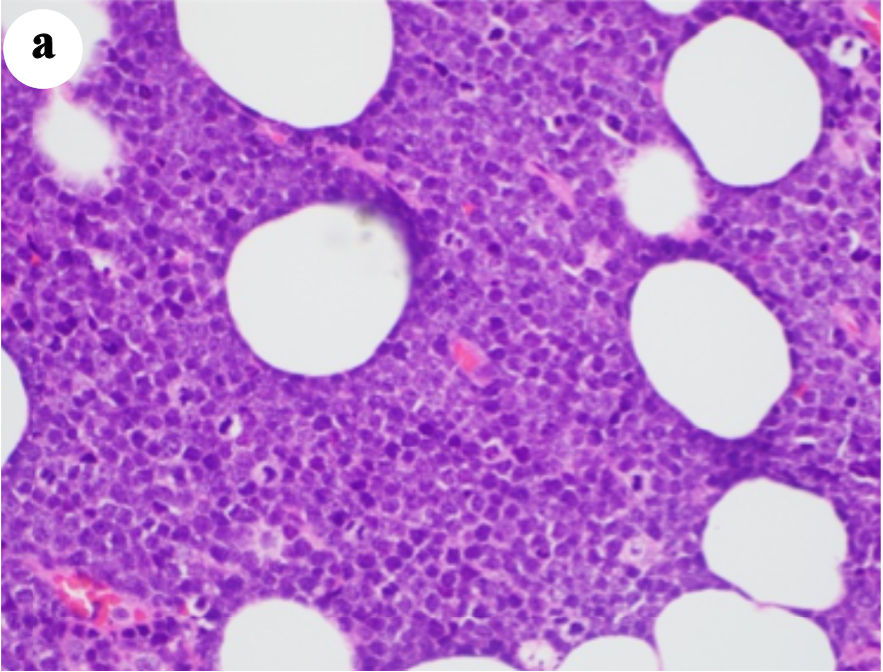Phosphatidylinositol 3-Kinase Inhibition and Allogeneic Stem Cell Transplantation Can Overcome Chemotherapy Resistance in Refractory Burkitt Lymphoma
DOI:
https://doi.org/10.14740/jh2043Keywords:
Refractory Burkitt lymphoma, Copanlisib, PI3K inhibitors, Allogeneic stem cell transplantationAbstract
Induction multiagent chemotherapy can cure 70% of adult Burkitt lymphoma patients. However, for the remaining patients, the majority will relapse either during induction chemotherapy or within 6 months after initial complete remission, as in our patient. In this life-threatening presentation where no standard therapy exists with a response rate to salvage chemotherapy of 0% and a median survival of 6 weeks, there is an urgent need for novel, effective approaches to overcome chemoresistance in Burkitt lymphoma. Our report demonstrates that targeting B-cell receptor signaling via the phosphatidylinositol 3-kinase/protein kinase B (PI3K/AKT) pathway with copanlisib can overcome chemotherapy resistance and achieve complete remission in relapsed Burkitt lymphoma. This novel approach, followed by consolidation with allogeneic hematopoietic stem cell transplantation can provide durable complete remission by harnessing the immune graft-versus-lymphoma effect in chemoresistant Burkitt lymphoma.

Published
Issue
Section
License
Copyright (c) 2025 The authors

This work is licensed under a Creative Commons Attribution-NonCommercial 4.0 International License.








